Large carnivores tend to instill fear in us, whether it’s based on myth, or simply a healthy respect for apex predators. But as it turns out, just the sound of our voices is enough to send them running — at least in the case of mountain lions.
“We exposed pumas in the Santa Cruz mountains to the sound of human voices to see if they would react with fear and flee, and the results were striking: They were definitely afraid of humans,” explained lead author Justine Smith, who just published her study in the “Proceedings of the Royal Society B.”
After tracking mountain lions using GPS collars, researchers placed audio equipment at “kill sites,” where the big cats leave meals they’ll return to over the course of a few days.
The equipment, which was motion activated, would play either the sound of frogs, or the voices of humans –- specifically, the voices of talk radio hosts –- while a camera captured the mountain lions’ responses.
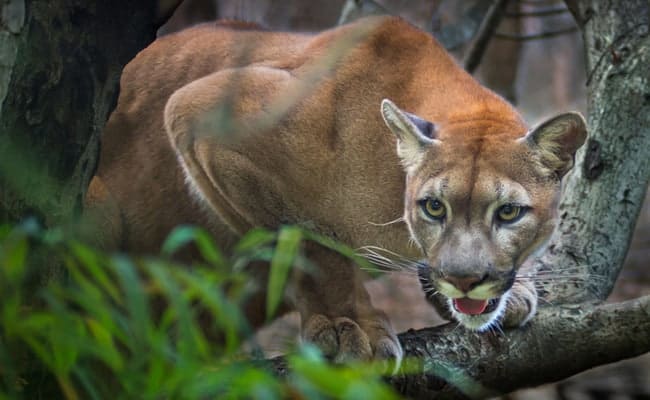
In 29 experiments involving 17 mountain lions, the animals fled in 83 percent of cases as soon as they heard human voices — regardless of whether the voice was from a man or woman — and only once after hearing frogs.
Although humans may fear predators, we’ve also become a super-predator that impacts the entire ecosystem. In this case, just the sound of human voices was enough to alter mountain lion feeding behavior, or make them abandon their kills altogether.
“We found that pumas took longer to return to their kills after hearing people, and subsequently reduced their feeding on kills by about half,” said Smith. “Those behavioral changes are significant, as our previous work has shown that they cause pumas to increase their kill rates by 36 percent in areas with high human activity.”
For mountain lions and other predators surrounded by development — like those found in the Santa Monica Mountains — it’s becoming harder, if not impossible, to avoid humans entirely.
Although fear of humans could reduce conflicts with predators, researchers point out that these changes in behavior can have a much wider impact,affecting entire ecosystems.
“Fear is the mechanism behind an ecological cascade that goes from humans to pumas to increased puma predation on deer,” said Chris Wilmers, associate professor of environmental studies at UC Santa Cruz, and a senior author on the study. “We’re seeing that human disturbance–beyond hunting–may alter the ecological role of large carnivores. As we encroach on lion habitat, our presence will likely affect the link between top predators and their prey.”
Considering the behavior of carnivores in an increasingly human-dominated landscape also introduces another problem with attempting to manage these creatures based on population alone.
“What our study shows is that just having the large carnivores present may not be sufficient to allow them to fulfill this important role, if the fear of humans is changing the way they interact with their prey, co-author Justin Suraci told Gizmodo. “We need to consider how our own activities affect not just species abundance but also behavior if we want to maintain healthy ecosystems.”
While researchers are planning to further investigate how fear in top predators impacts ecosystems, hopefully their work will lead to more respect and consideration for their vital role.
This article was first published by Care2.com on 21 Jun 2017.
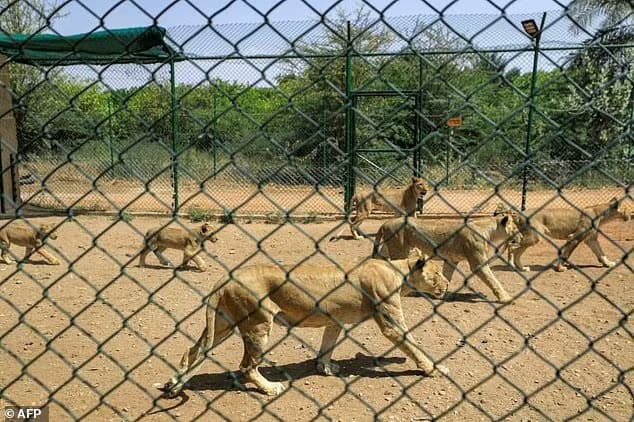
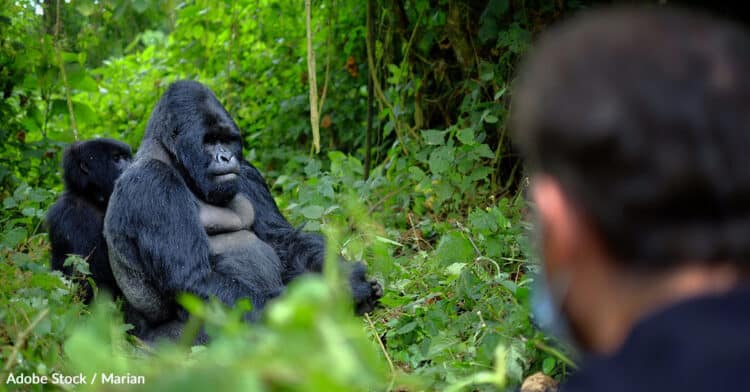
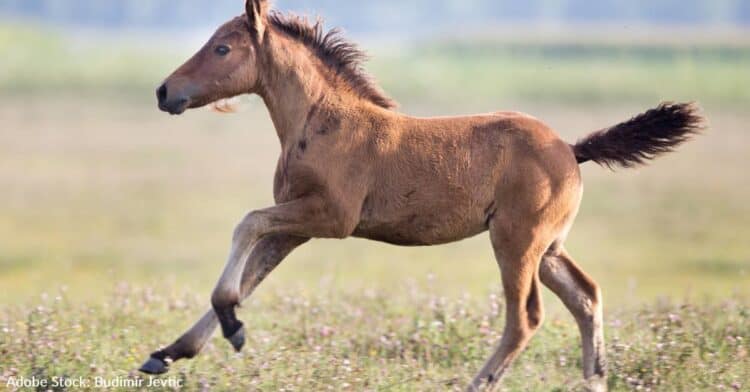
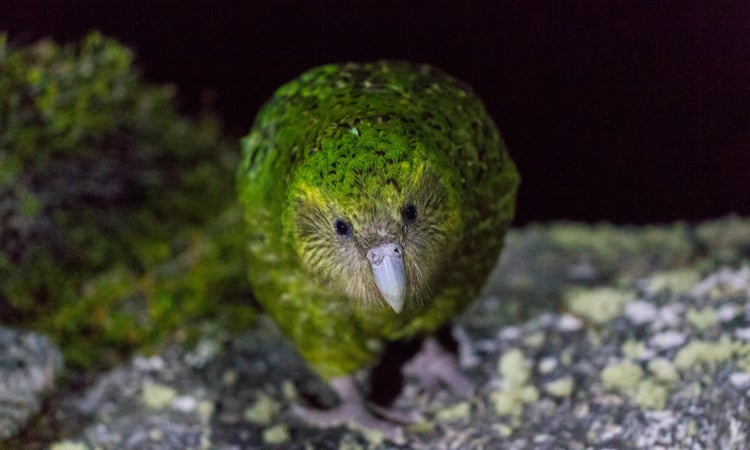
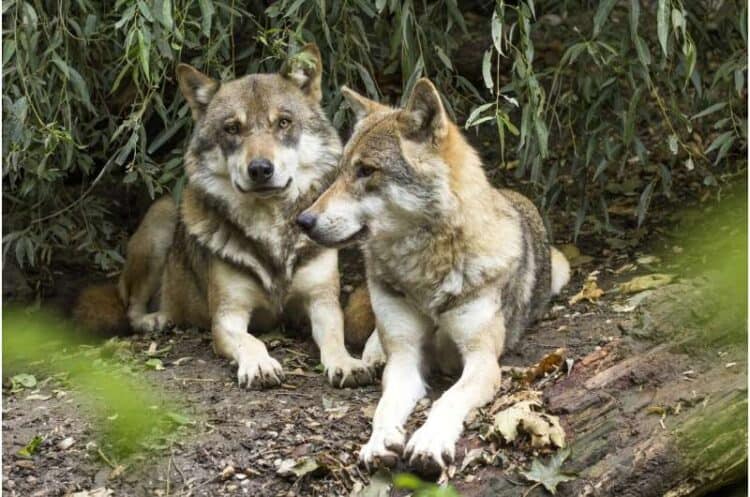

Leave a Reply